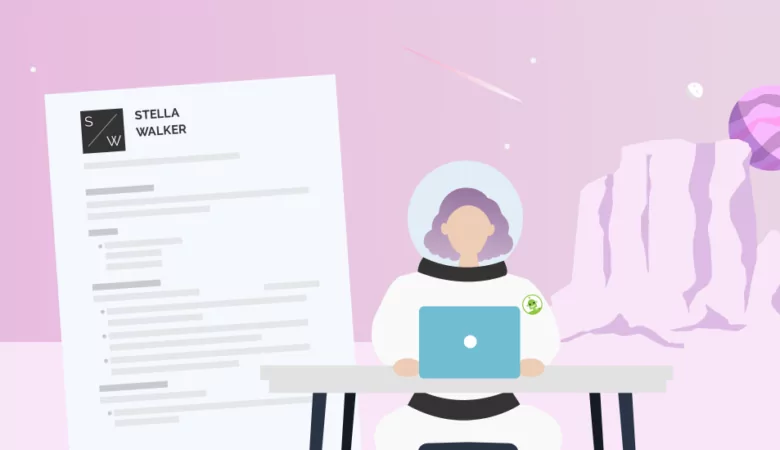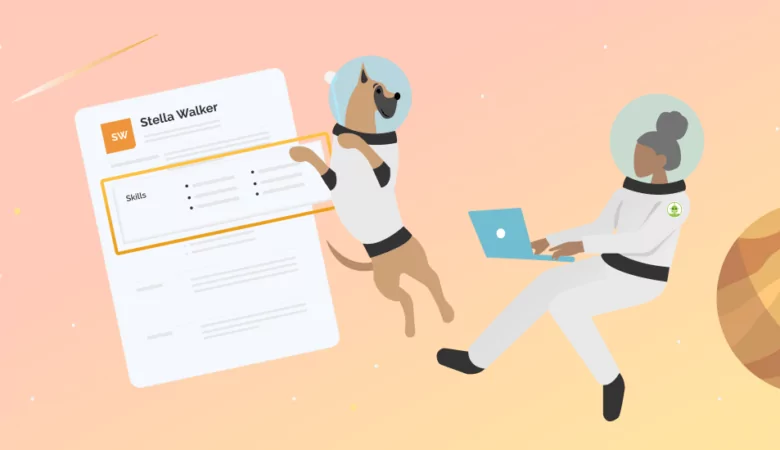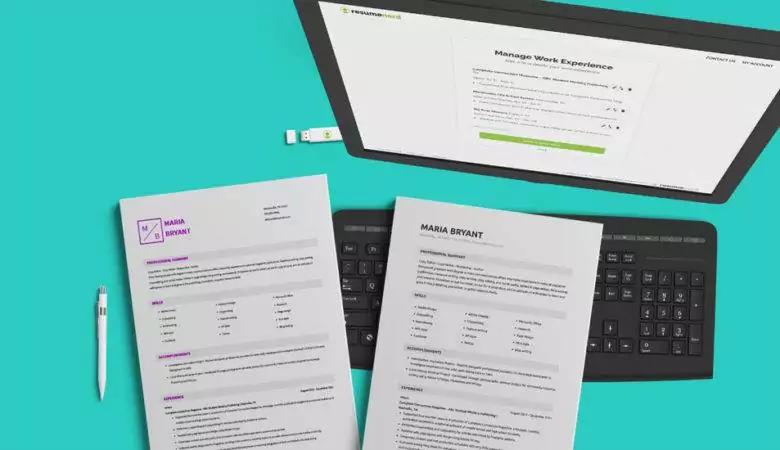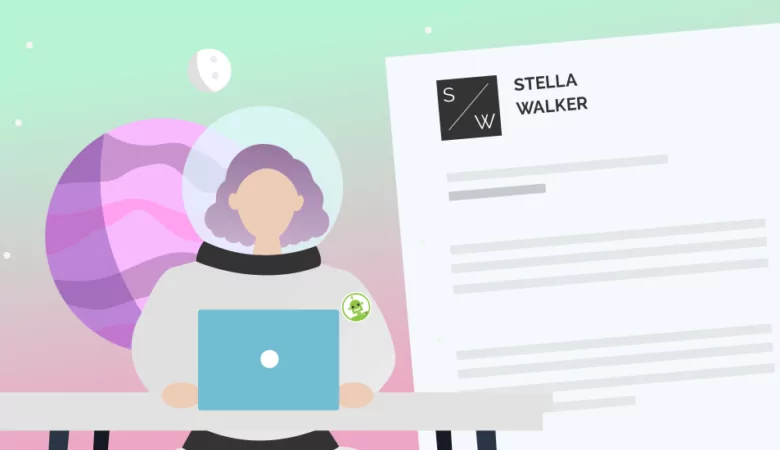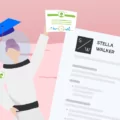To get your next translator or interpreter job, you need a great resume. These professional tips ensure you beat your competitors in the language job market.
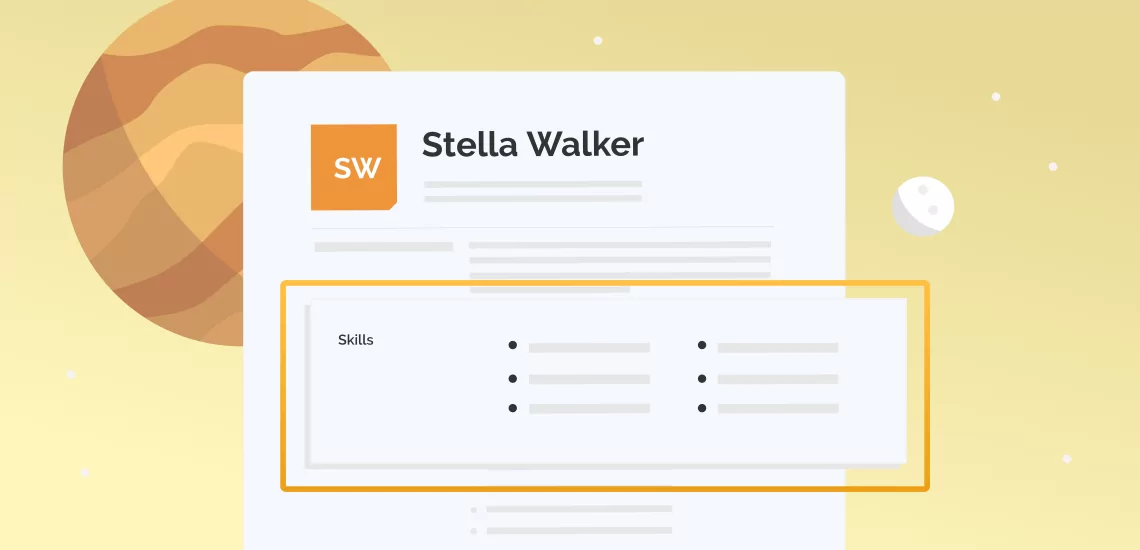
Boost your Appeal with Resume Templates for Language Experts
What to Highlight in a Language Resume
If you are a gifted translator or interpreter, but you are not sure of the best way to present your language skills in a resume, here’s some tips and resume templates to ensure your job application is successful. A language resume should always reference the specific tasks and skills listed in the job description (this is known as using “keywords”) so the hiring manager knows you fit their criteria. Relevancy is critical, so be sure to customize each resume for each job. A language degree means your job search might includes political jobs, researcher roles, and teaching positions. If you also have training in linguistics you could work in fields as broad as speech therapy and speech recognition.
Structure of a Language Resume
Utilizing a resume builder or resume example for a language-oriented job will help you illustrate your abilities. There are three well-known resume formats: chronological, functional, and combination. Work experience is spotlighted in a chronological resume format, whereas skills are the main focus in a functional resume format. The combination resume format equally covers skills and expertise. Although the structure is variable, it is standard practice to feature these in your resume: resume summary, skills, work experience, and education.
Contact information
The header is the first section a recruiter will see. Place your full name, contact information (including phone and email), and a link to a professional networking site, such as LinkedIn (if available). Be sure all your contact information is correct so a hiring manager can contact you for an interview.
Resume summary or objective
Next is the resume summary or resume objective, which is a short 2-3 sentence paragraph. If you have several years of experience, you should use the resume summary. Describe your main skills and career accomplishments. Indicate if you are bilingual, multilingual, or a native speaker, if you taught languages previously, or you’ve worked in fast-paced or real-time situations as an interpreter. If you have recently graduated, and have little experience, use a resume objective. In the objective, include any distinctions in your studies and what you hope to achieve in your career.
Skills
The skills section is where you shine a light on the competencies you gained throughout education or employment. Ensure you list languages you are proficient in, such as Spanish, Japanese, Italian, Portuguese, or Arabic, and your language fluency level in each language. Bullet-point lists are the best way to illustrate your skills on a resume.
Language scales display language proficiency. One of the scales is the Inter-agency Language Round-table (ILR) scale, which ranks abilities from 0 to 5:
- 0 = no proficiency
- 1 = elementary proficiency
- 2 = limited working proficiency
- 3 = professional working proficiency
- 4 = full professional efficiency
- 5 = native or bilingual proficiency
To understand these classifications in more detail, you can visit ILR. The American Council on the Teaching of Foreign Languages (ACTFL) has an equivalent scale. Alternatively, the European standards in the Common European Framework of Reference for Languages (CEFR) provide a usable self-assessment tool.
You should also list skills (intangible traits) that show how well you can perform in specific situations. Here are some examples of what your soft skill list could contain:
- Problem-solving
- Research and analysis
- Presentation skills
- Collaboration
- Attention to detail
- FlexibilityIf you have many languages that you would like to list on your resume, you may consider creating a separate language section here. You can then list all your languages with related language proficiency levels for each.
Work history
The work experience section begins with your last position and includes up to 10 years of experience. Incorporate your previous job titles, dates, company names, and locations.
For each job you’ve had, add short descriptions in bullet point format of your prime responsibilities and achievements. Always focus on your finest accomplishments when you can, and be specific. For example, if you worked as a German or Mandarin translator, you could list the written materials and specialties you worked with, such as scientific or legal reports.
Education
Your language ability should be evident in your education section. If you are looking for translation work, you will need fluency and a degree in the language you plan on translating.
A teacher of modern foreign languages is likely to have a degree and a postgraduate teaching qualification. If you are a member of the ACTFL, this will go a long way to assure future employers that you are serious about your language teaching career.
Also, include any language certificates that you have or related degrees (e.g., Bachelor of Arts in Modern Foreign Languages). Studying or working abroad will boost your chances, as will a postgraduate qualification in modern languages.
Do’s and Don’ts for a Language Resume
Do:
- Include your native language or mother tongue, even if that language is English. Remember, English is a bridge language.
- Back up your statements with examples from your work experience. Don’t just state what you did or the skills you have, but explain how you performed the work.
- Include a language proficiency scale. The proficiency scales from ILR, ACTFL, and CEFR are the most common.
Don’t:
- Oversell your language ability. Your levels of language proficiency must be accurate.
- Cram too much information into your resume. It will only obscure your best skills and add clutter. The same applies to the visual “look” of your resume. Avoid using too many graphic elements, or out-of-the-ordinary fonts.
- Forget the value of volunteer work. There are a lot of volunteer language roles available, and building a portfolio of them might give you an edge.
FAQ: Language Resume Skills
All hiring managers will expect to see a cover letter from an applicant. The cover letter is where you can explain why you would be an excellent fit, as its structure allows you more freedom to let them know why you want the job and why they should hire you.
If you’re short on experience, stress your educational qualifications. For example, if you want to teach English, you could complete a TEFL or TESOL course, or you can add details about any volunteer language-based positions to your resume.
Tailor your resume for every job. With various roles available for language enthusiasts, it is essential to modify your resume so matching key skills stand out. Research positions will focus on academic abilities, whereas teaching jobs will ask for teaching experience and qualifications. Read the job posting carefully to select the most important keywords to add to your resume.
